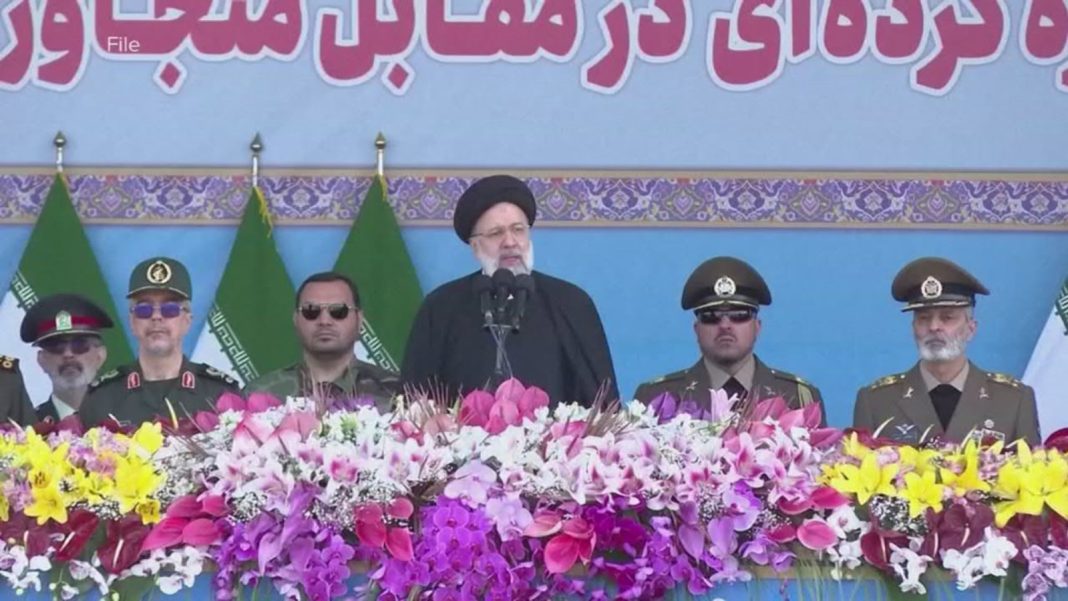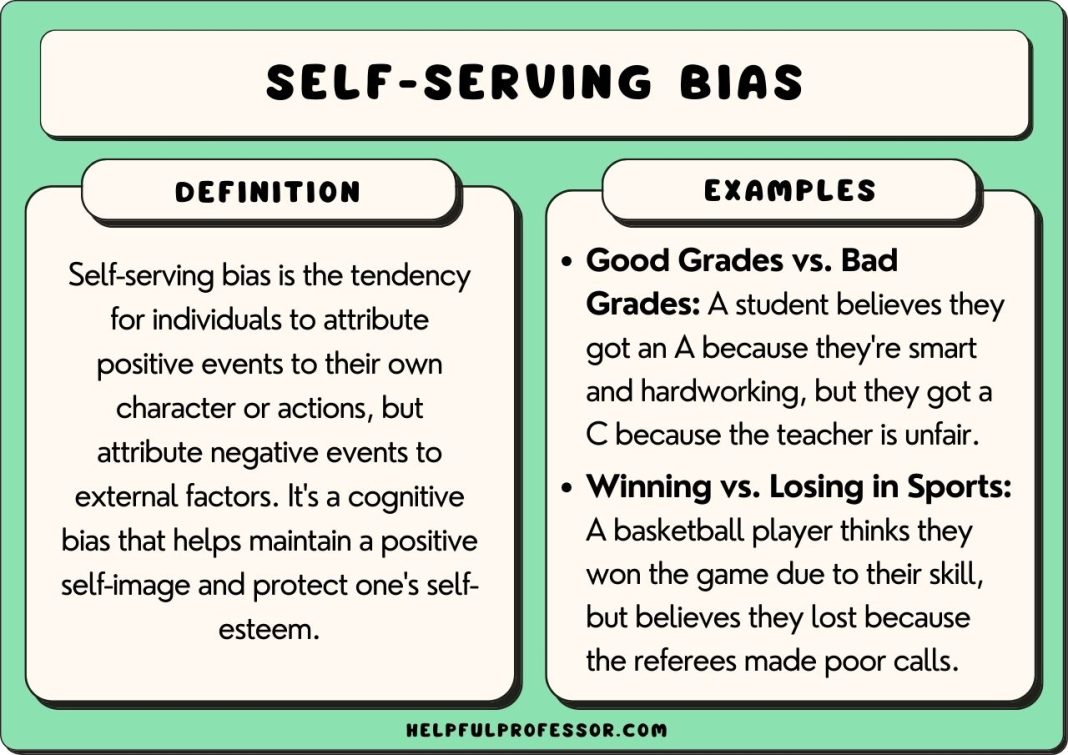Iran Faces Leadership Crisis Following President Raisi’s Tragic Death
The recent confirmation of Iranian President Raisi’s death in a helicopter crash has thrown Iran into a state of uncertainty. According to Article 131 of the Islamic Republic’s constitution, Iran’s first vice president, Mohammad Mokhber, will assume the role of acting president with the approval of the supreme leader, Ayatollah Ali Khamenei. This transition of power is not without its complications.
Under Article 131, a council comprising the head of the legislation, the head of the judiciary, and the vice president must collaborate to select a new president within 50 days. In his statement on Monday, Ayatollah Khamenei invoked this article and officially appointed Mokhber as the acting president. The statement also emphasized that Mokhber is responsible for coordinating with the heads of the legislative and judicial branches to ensure the election of a new president within the stipulated timeframe.
The Guardian Council, the body responsible for organizing elections in Iran, has clarified that the next president will serve a full four-year term, rather than just completing Raisi’s remaining tenure. Hadi Tahan Nazif, spokesperson for the council, stated, “The elected president in the next election is the president who will begin a 4-year term.” This decision aims to provide stability and continuity to Iran’s leadership.
However, Raisi’s unexpected death has raised concerns about the succession plans for Ayatollah Khamenei, who is 85 years old and holds ultimate power in the theocratic regime. Given Iran’s conspiratorial political culture, many experts believe that Raisi’s demise may be viewed with suspicion. Karim Sadjadpour, a senior fellow at the Carnegie Endowment think tank, remarked, “In Iran’s conspiratorial political culture, few will believe Raisi’s death was accidental.”
The 2021 presidential election in Iran, which saw Raisi emerge as the eighth president of the Islamic Republic, was marked by a historically low turnout of only 48.8%. The regime considers high voter turnout essential to validate its legitimacy, and this dip in participation has raised questions about the government’s mandate. The low turnout reflects the disillusionment and apathy of many Iranians towards their political system.
As Iran navigates this leadership crisis, the country faces significant challenges. The selection of a new president within the mandated timeframe is crucial to maintain stability and avoid a power vacuum. The Iranian people will be closely watching the process, hoping for a leader who can address their concerns and restore confidence in the government.
In conclusion, Iran’s political landscape is at a critical juncture following the tragic death of President Raisi. The appointment of Mohammad Mokhber as acting president and the subsequent election of a new president within 50 days will determine the country’s future direction. However, suspicions surrounding Raisi’s death and the low turnout in the previous election add to the complexity and uncertainty of the situation. Iran’s leadership must navigate these challenges with transparency and accountability to regain the trust of its citizens.


